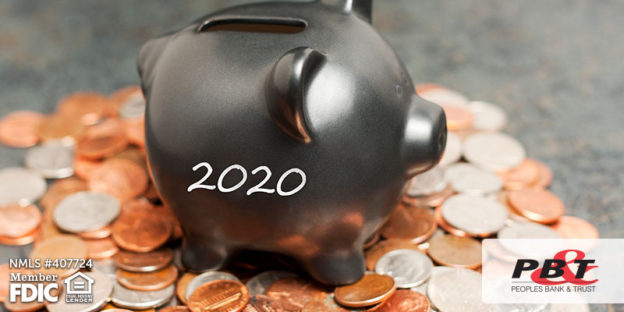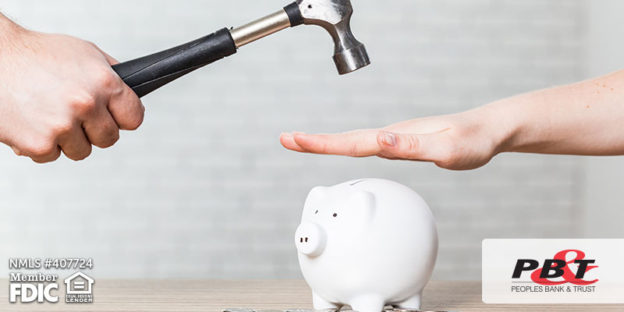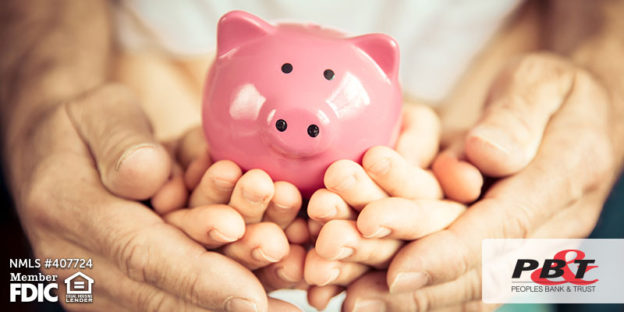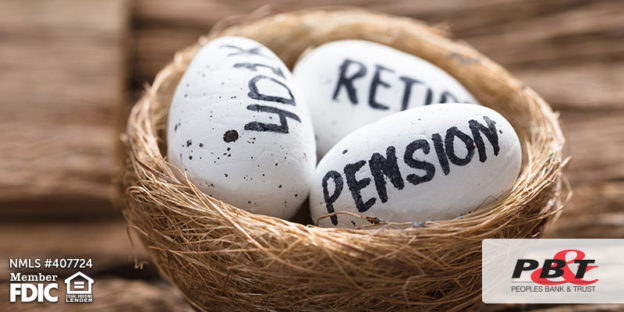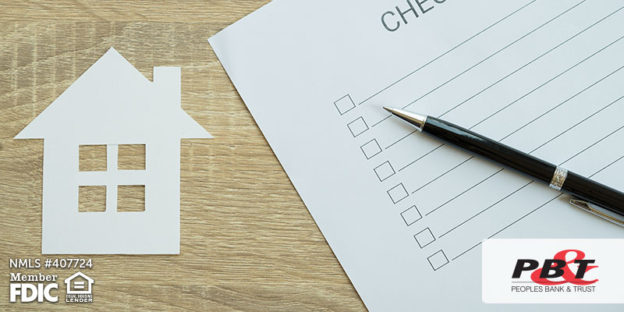Financial responsibility starts in the home. If it’s not something you were taught as a child, it can be difficult to model it in the home as an adult. The good news is, it’s not too late to start! Here’s what you need to know to kick your household into gear.
Do It Together
The more, the merrier! Many parents feel anxious to talk about finances with the entire household. However, each member of the household will benefit from having an open conversation about finances. Set goals together and discuss why having goals and sticking to them are important. Review these goals as a family on a consistent basis. You should have your child replicate their own budget with their allowance, which we will cover down below!
Diction: It’s Important
Diction means word choice. How you talk about finances makes a big impact on how your children think about finances. It also impacts how you think about finances. It doesn’t have to be a big scary thing when it is discussed as commonplace and in a positive manner.
For example, instead of saying “we can’t afford that” or “we don’t have the budget for it” think of an alternative spin. Simply say something like, “That’s not in the budget for us right now.” It emphasizes that while you may have the money to spend on that item, it’s not planned for in the budget. You’re showing the importance of sticking to a budget and keeping your word. If it’s something that is really important to them, you can show them a way to include it in the budget for a later date.
Donations
Show your children the importance of giving back by leaving a portion of your family budget aside for donations. Discuss as a family what charity you would like to donate to. If possible, take your children there to show them where that money is going.
Utilize Allowance
Having an allowance is an oldie but a goodie! It’s never too early to teach your children about earning money. They will learn to work for money and how to budget it in a way that impacts them directly. You can show them that they can have a portion of their budget set aside for spending “fun” but when it’s gone, it’s gone.
Budgeting works! You and your family will see this to be true by creating and sticking to one together.
Peoples Bank & Trust Co.
Member FDIC
Equal Housing Lender



